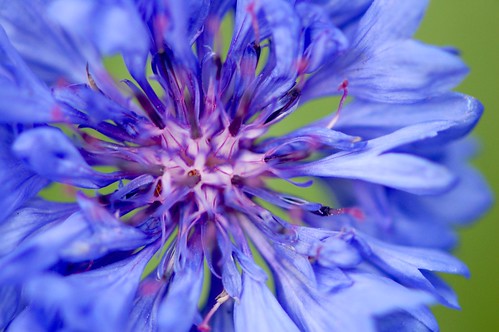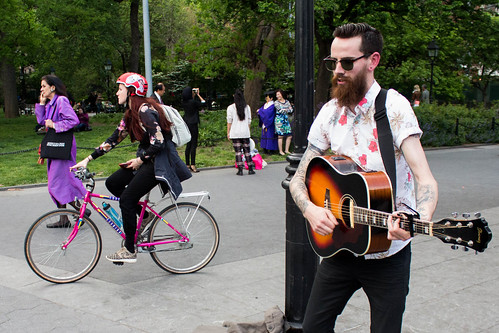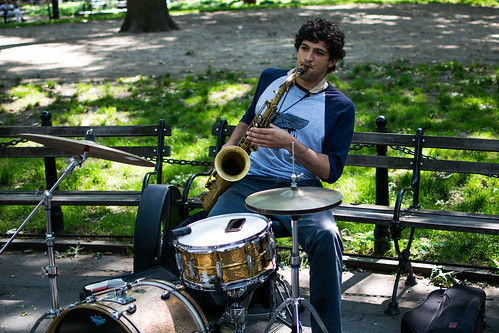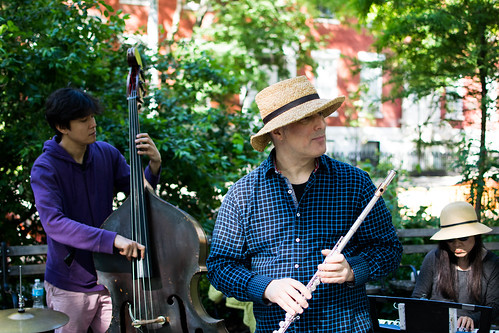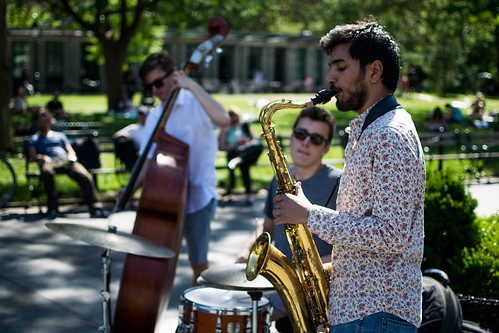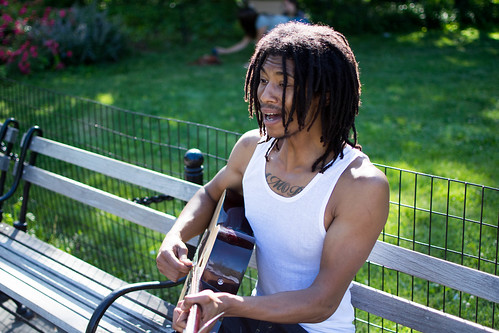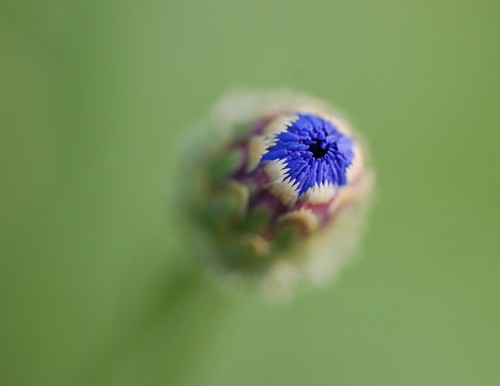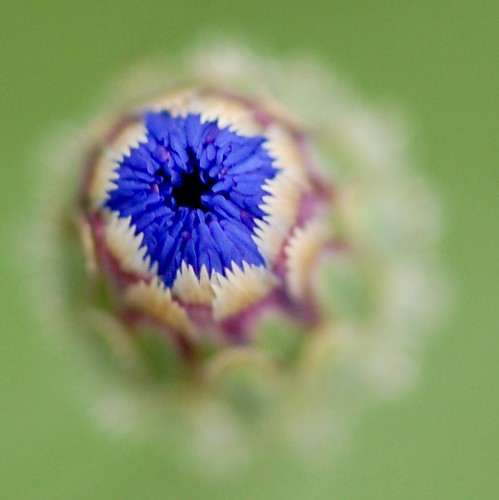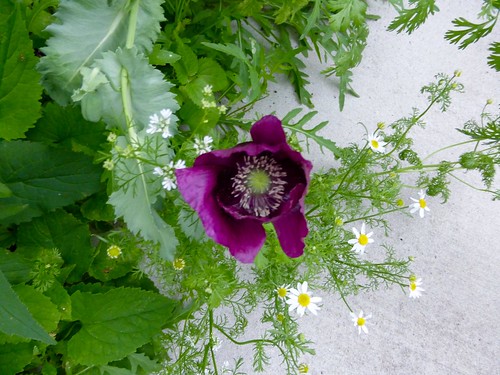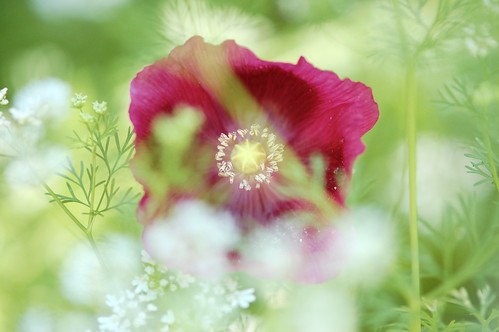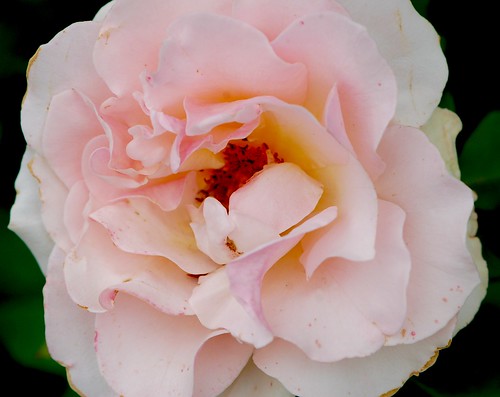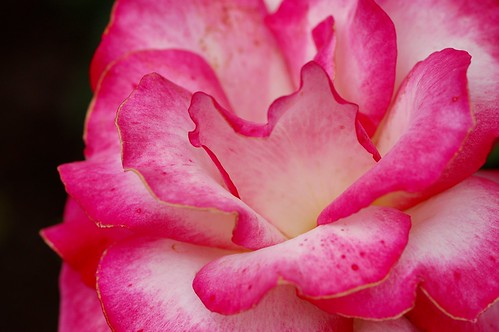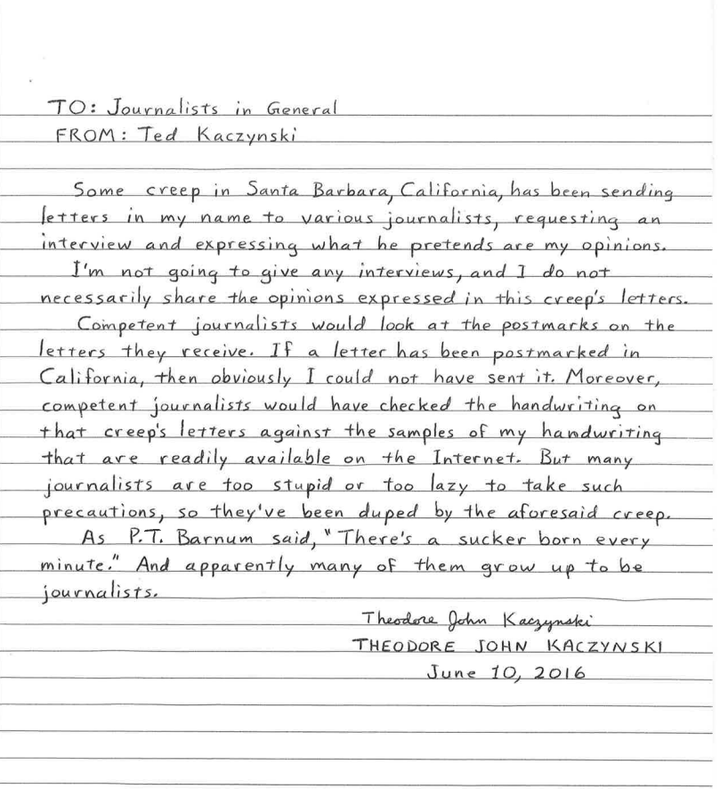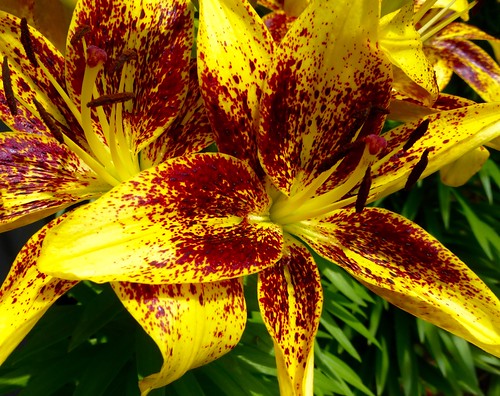In 2009, he was named a Living Landmark by the New York Landmarks Conservancy and profiled in The New Yorker, which described his columns On the Street and Evening Hours as the city’s unofficial yearbook, “an exuberant, sometimes retroactively embarrassing chronicle of the way we looked.”He was a very unusual man...
He didn’t go to the movies. He didn’t own a television. He ate breakfast nearly every day at the Stage Star Deli on West 55th Street, where a cup of coffee and a sausage, egg and cheese could be had until very recently for under $3. He lived until 2010 in a studio above Carnegie Hall amid rows and rows of file cabinets, where he kept all of his negatives. He slept on a single-size cot, showered in a shared bathroom and, when he was asked why he spent years ripping up checks from magazines like Details (which he helped Annie Flanders launch in 1982), said: “Money’s the cheapest thing. Liberty and freedom is the most expensive.”I highly recommend the documentary about him, "Bill Cunningham New York."
UPDATE: We re-watched the documentary just now. Very moving. "If you seek beauty, you will find it."
AND: Things in the documentary that I'm still thinking about the next morning:
1. All the bicycling. Bicycling in New York City, even at night, without a light (just wearing a reflective vest), even at the age of 80 and beyond.
2. His claim that he's interested in the clothes themselves and not the people, and his lack of any personal social or sex life. Even as he attended parties and other people tried to include him, he kept a distance.
3. People speculated that he must have come from wealth, because who else would willingly resist the wealthy, glamorous, famous, beautiful people who opened their arms to him, while he maintained his stance as the photographer, dressed — despite his love of clothing — in a cheap street-cleaner's jacket. Whatever the occasion was for the people he photographed, including the most formal galas, the occasion was the same for him: photography.
4. His family was, in fact, middle class, and he professed great love for his parents and saw himself as a combination of his father — who was very social and gregarious — and his mother — who, as he summarized it, was Catholic.
5. We learn that he goes to church every week, though he seems to want to say that he goes for the purpose of listening to the music. Then, late in the movie, he's confronted with the question of his sexuality. He deflects it: "You want to know if I'm gay?" That's a question he won't answer or he believes he's answered by saying that he has never had sex with anyone. (He insists that there was no time for that. He was working.) Did he abstain from sex because he was gay but, because of religion, believed that he needed to refrain from having gay sex? He was very supportive of gay people in his photojournalism, and we don't see him asked that question. But the next question is about religion, something about whether he really believes it. He's overcome with emotion and puts his head in his hands for a long time.
ADDED: 2 things from Meade:
1. That line I quoted from the movie — "If you seek beauty, you will find it" — corresponds to what Jesus said: "Ask, and it shall be given you: seek, and you shall find: knock, and it shall be opened to you/For every one that asketh, receiveth: and he that seeketh, findeth: and to him that knocketh, it shall be opened."
2. The explanation of the mystery of Bill Cunningham could be: He was a combination of his father and mother. The rich sociability of his father had to fit within the religion of his mother. He found a way to experience the attractions of materialism, wealth, and the physical, sexual world while keeping himself clear of all of the sins. Even gluttony: at the galas, he refused any of the food and drink (even a glass of water), he had no kitchen in his living quarters (even after he was moved out of the kitchenless studio at Carnegie Hall, he had the kitchen appliances and cabinets removed from the new apartment), he ate very cheap food from restaurants (and not enough to be anything but skinny), and he claimed not to care at all about food.


